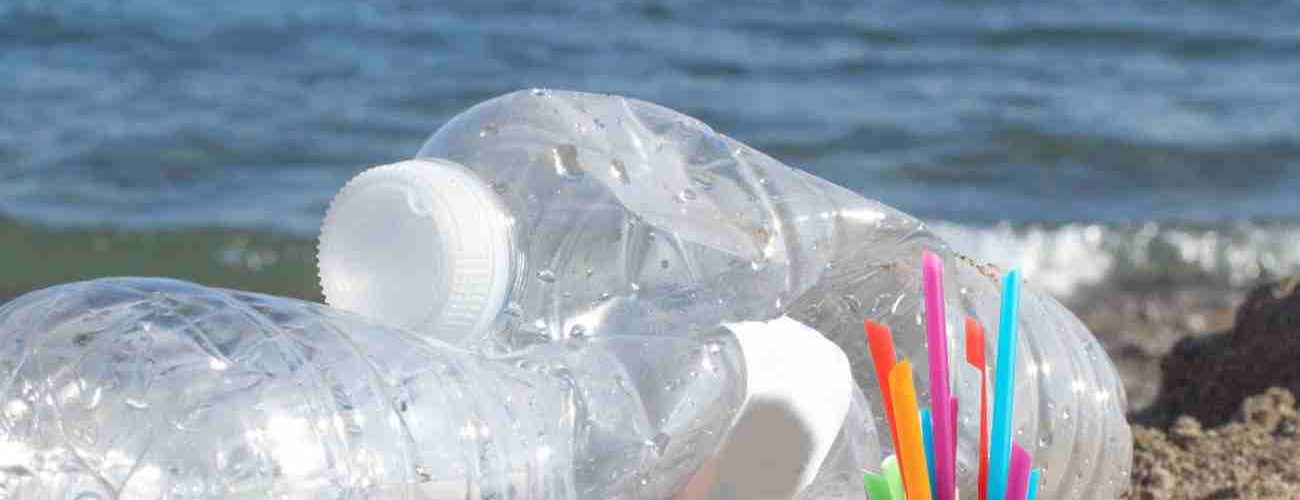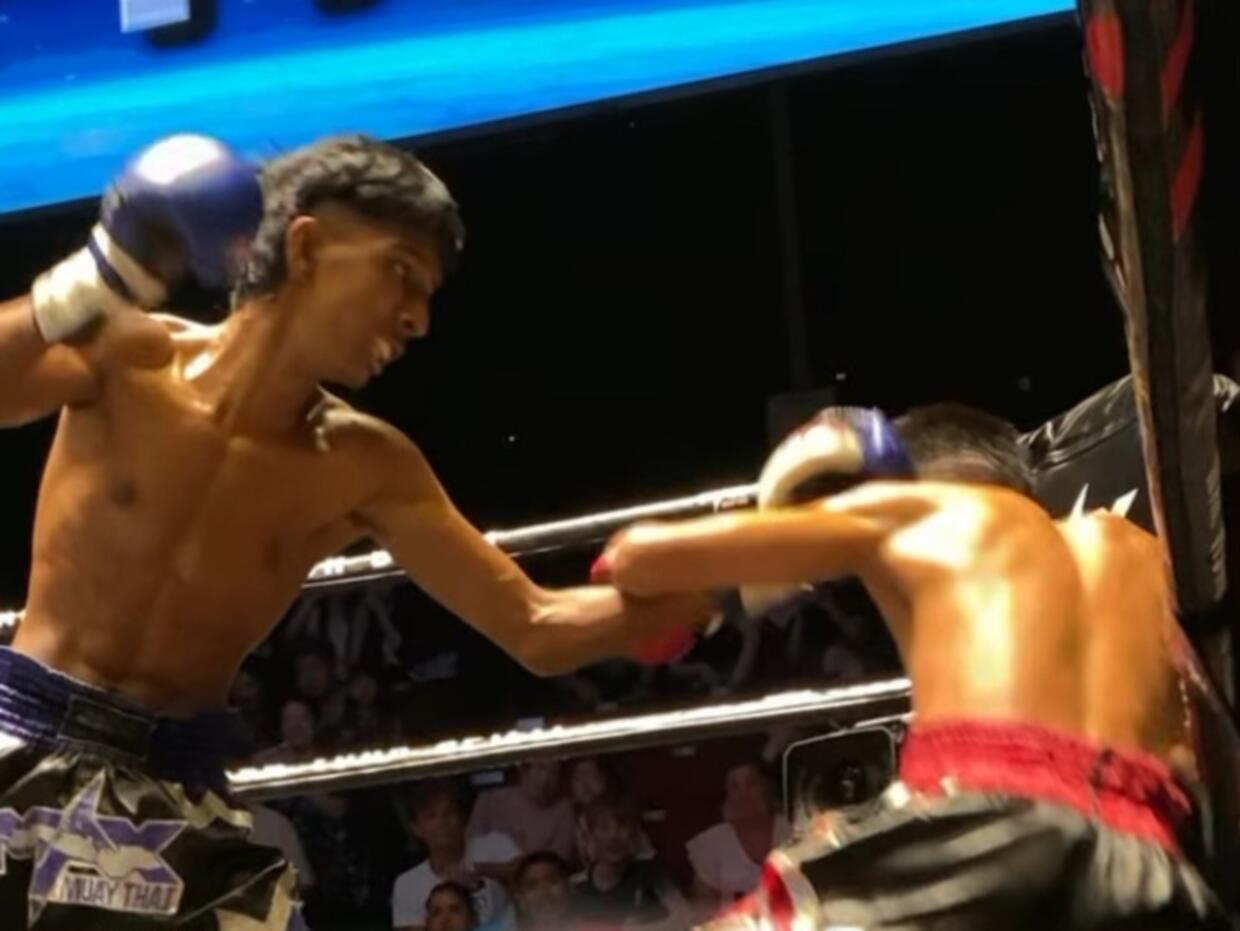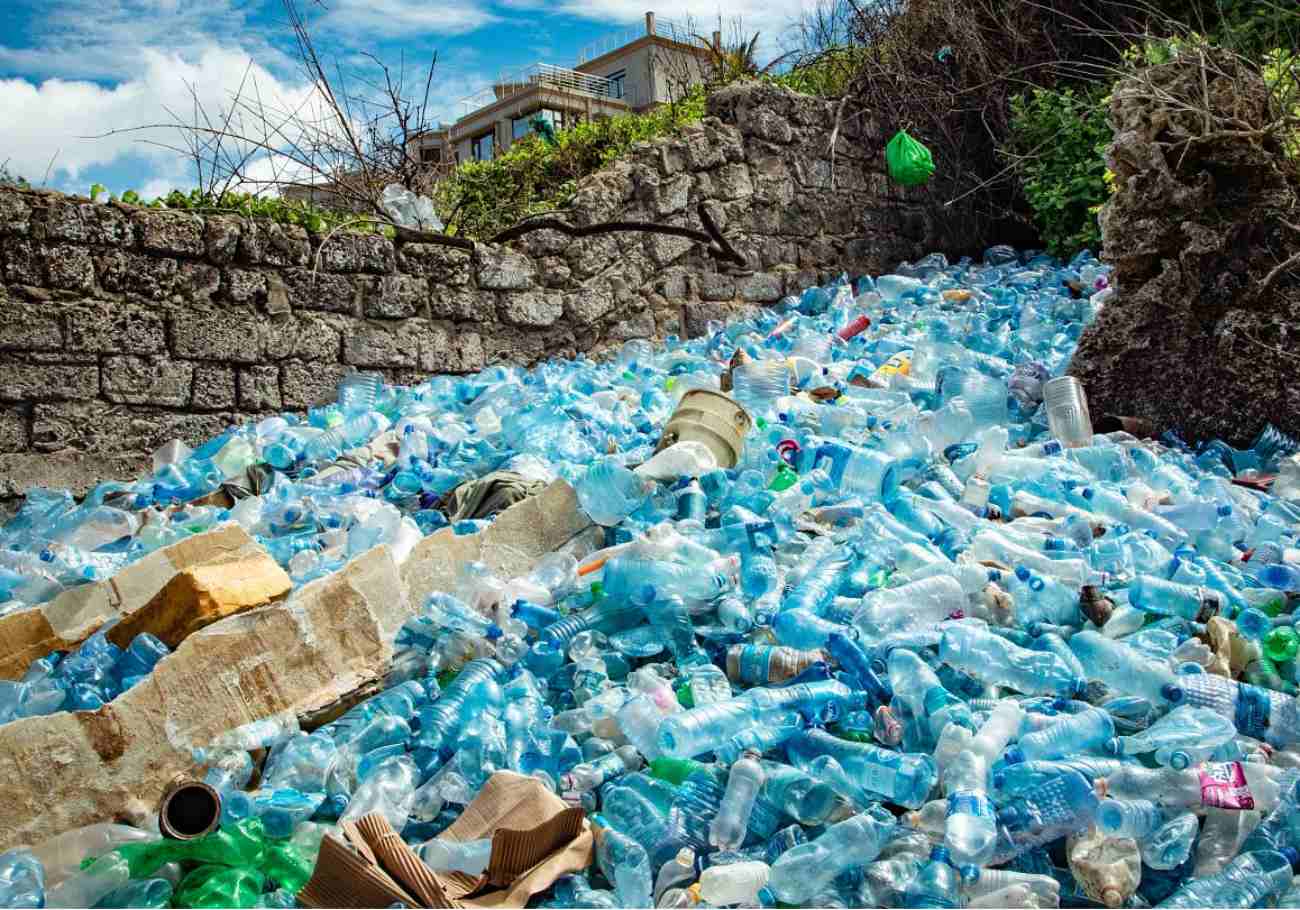
Greenpeace International released a report highlighting overwhelming public support in Malaysia for transitioning away from single-use plastics and reducing overall plastic production.
The findings come ahead of the fourth Intergovernmental Negotiating Committee (INC4) meeting for a Global Plastics Treaty in Ottawa, Canada.
Survey shows strong public support
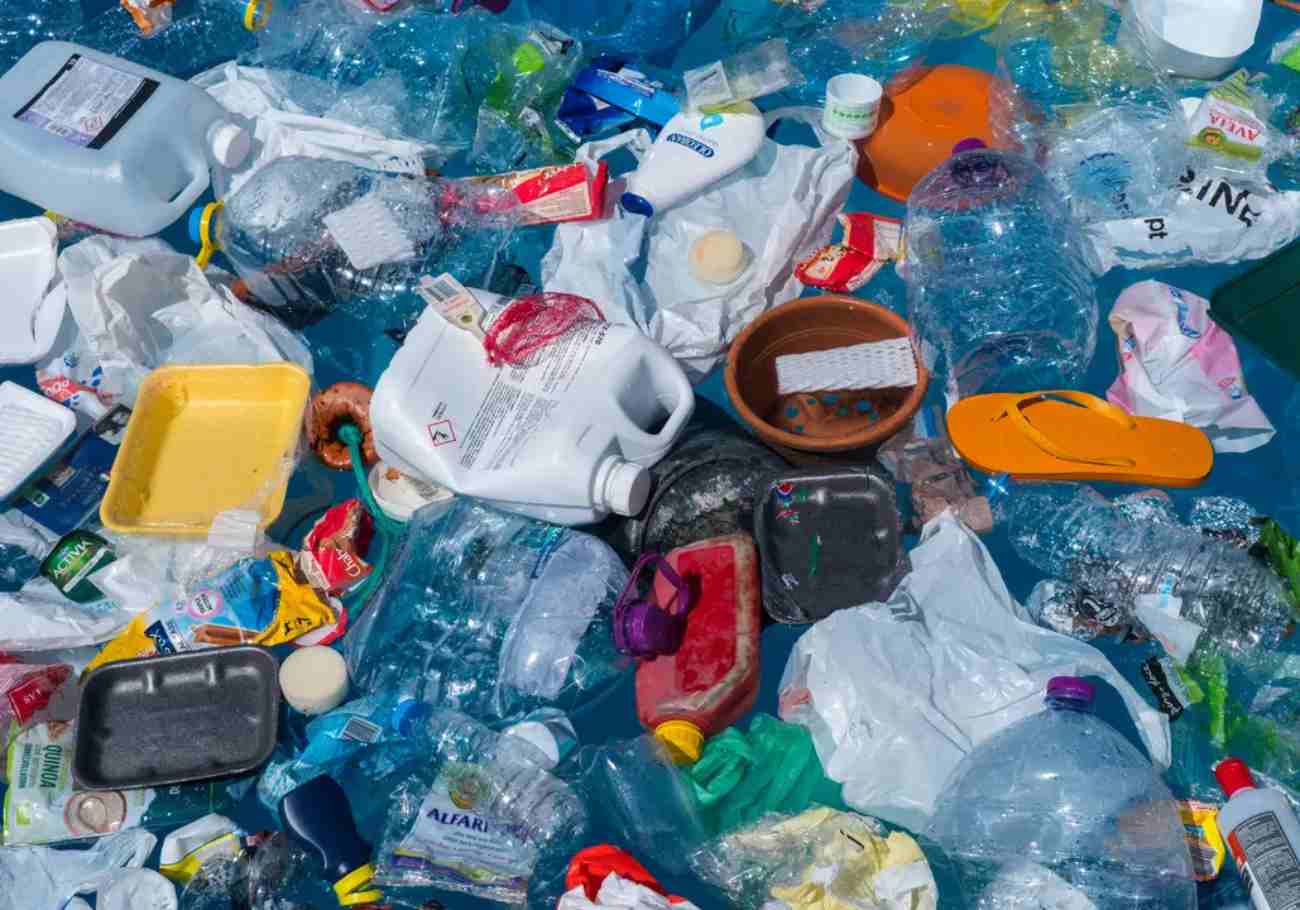
The report, based on a survey of 1,000 Malaysians across 17 cities, reveals:
- 95% of respondents support a shift away from single-use plastics towards reusable and refillable alternatives
- 87% endorse reducing plastic production as a means to combat plastic pollution
- 86% advocate for protecting biodiversity and addressing climate change through reduced plastic production
Greenpeace Malaysia emphasizes that Malaysian public sentiment on plastic pollution is significantly stronger than global averages.
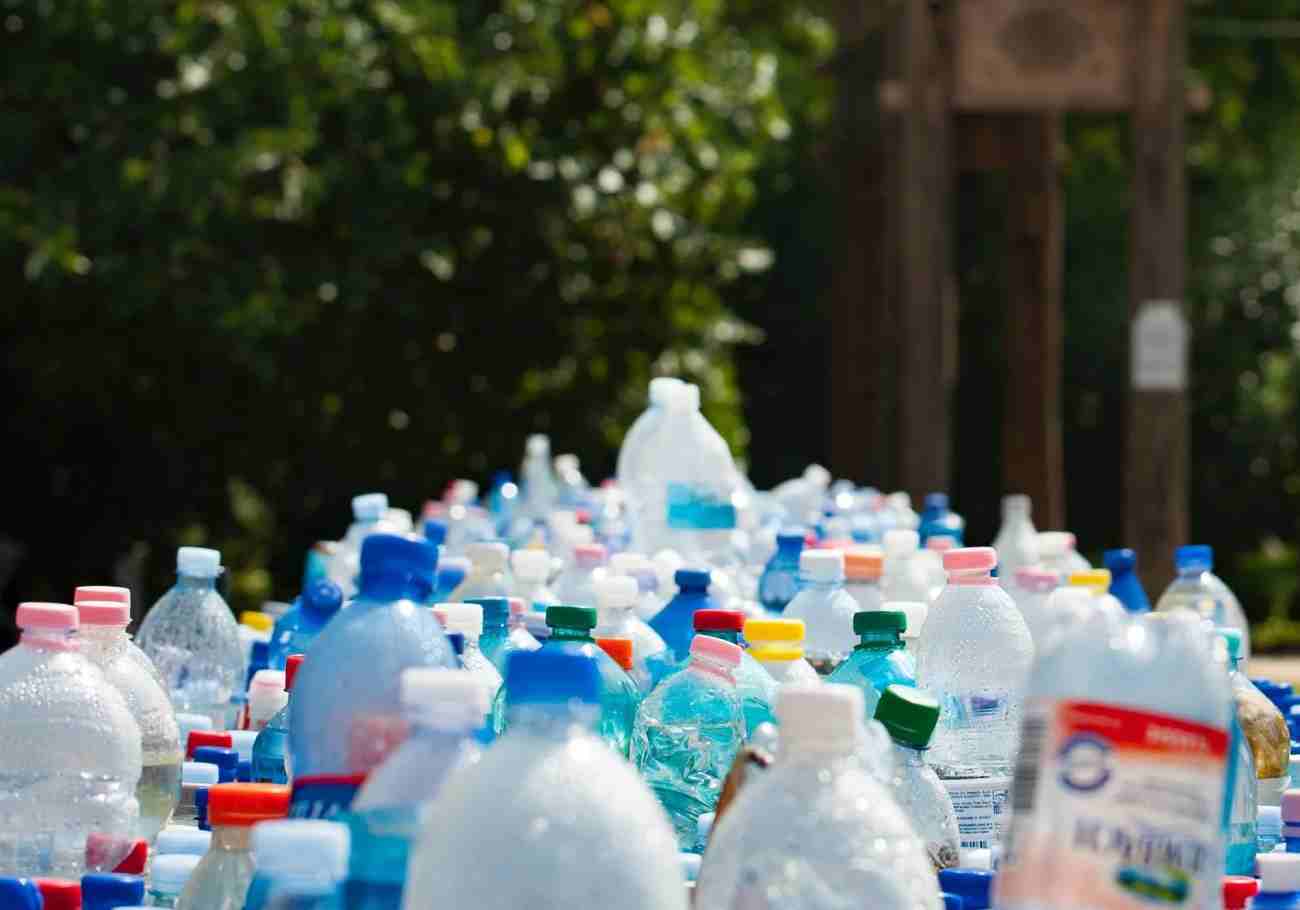
This, they argue, highlights the need for the Malaysian government to take a more proactive role in advocating for and implementing a robust Global Plastics Treaty.
“The public’s resounding support for reducing plastic production is a wake-up call for industries and policymakers,” said Hema Mahadevan, Public Engagement Campaigner for Greenpeace Malaysia.
“We need to move away from a throwaway culture and embrace a reuse and refill economy.”
Hema stressed the urgency of scaling back plastic production for a more sustainable future.
She urged the Malaysian government to leverage the INC4 meeting to champion a treaty that prioritises plastic production reduction over “stopgap measures” like penalties on plastic use or false solutions like biodegradable plastics.
Malaysia faces challenges as major plastic producer
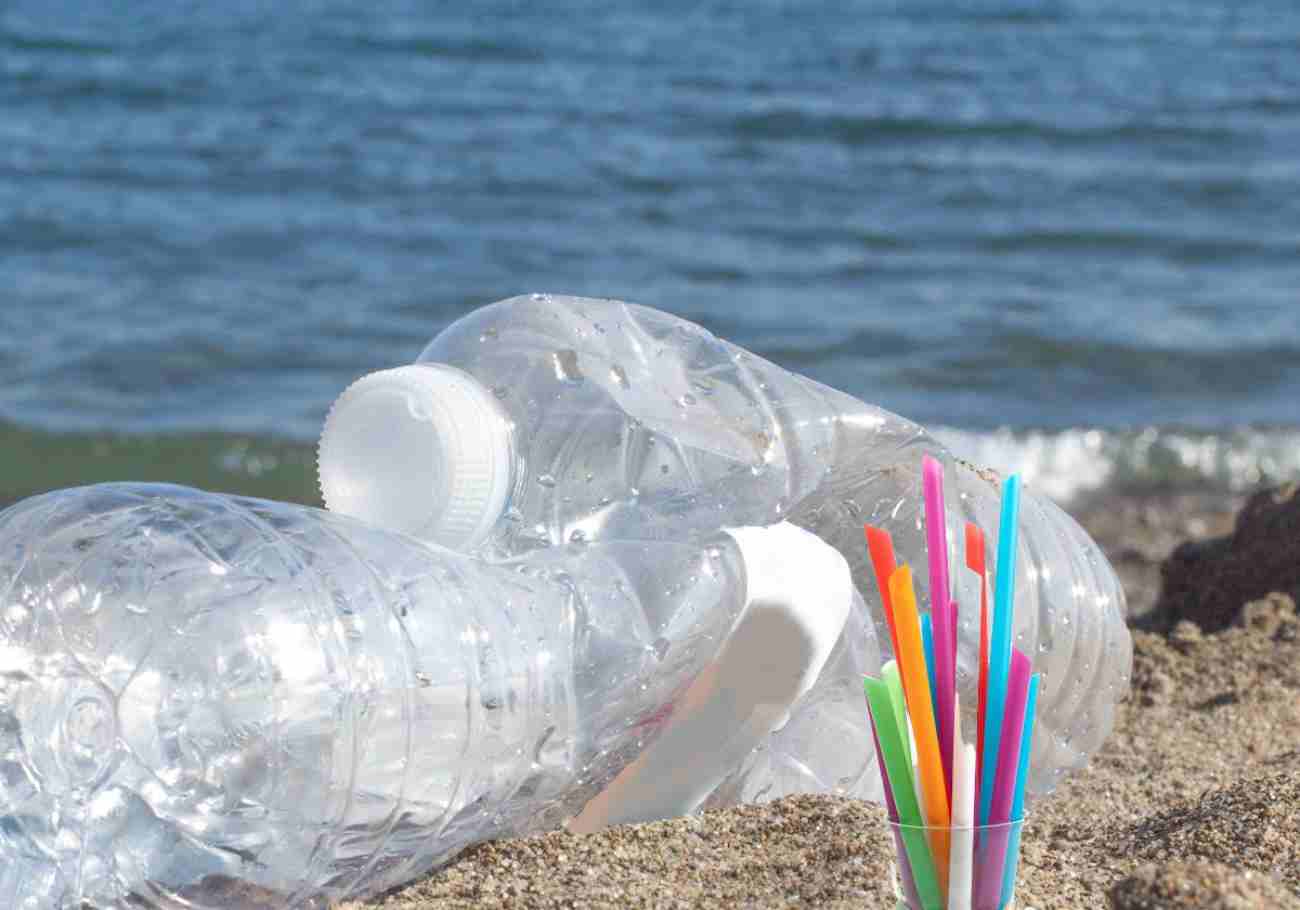
The report acknowledges the unique challenges faced by Malaysia, a major player in the plastics manufacturing industry and a former dumping ground for imported plastic waste. The country struggles with both legal and illegal plastic waste dumping, further exacerbated by an overburdened recycling industry.
Greenpeace Malaysia emphasizes the need for comprehensive action to address plastic pollution, calling for a shift away from ineffective policies and false solutions like incineration and waste-to-energy facilities.
The organization is sending a letter to Malaysian ministers, urging them to utilize the INC4 meeting to push for measures that curb plastic pollution at its source – namely, reduced plastic production. Greenpeace advocates for a Global Plastics Treaty demanding a minimum 75% reduction in plastic production by 2040 to protect biodiversity and limit global temperature rise.
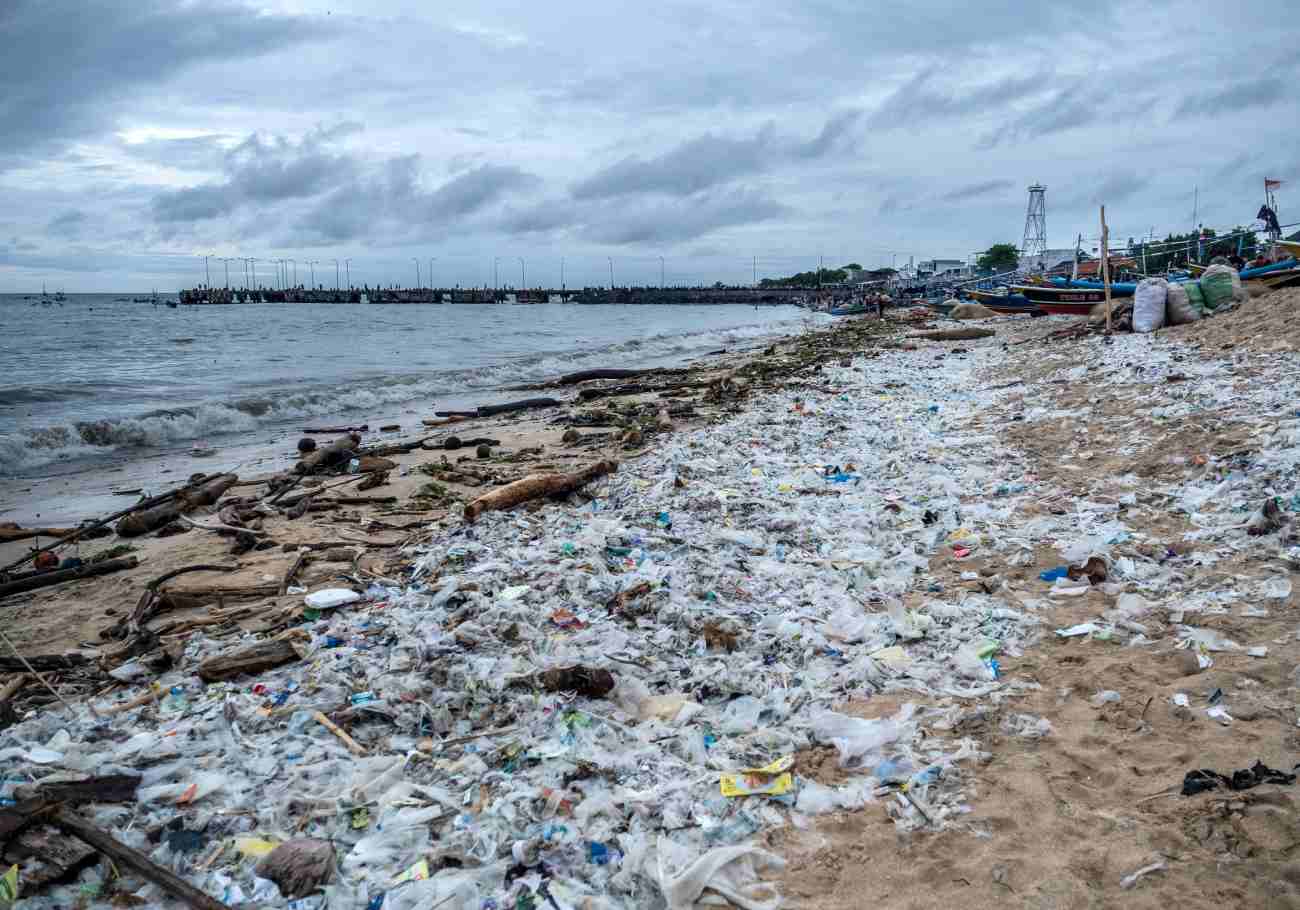
The report also highlights the environmental impact of plastic production, with 99% of plastic derived from fossil fuels. A global reduction in plastic production is seen as a critical step in mitigating climate change.
On April 1st, Malaysia’s Minister for Natural Resources and Environmental Sustainability, Nik Nazmi Nik Ahmad, acknowledged the need to review existing laws related to plastic pollution, citing their fragmented nature and reliance on local enforcement.
Greenpeace’s report, “People vs. Plastic: Global Support for a Strong Plastics Treaty,” along with a summary, is available for download at https://www.greenpeace.org/international/story/59592/why-we-need-a-strong-global-plastics-treaty/.
This strong public support for action on plastic pollution in Malaysia underscores the growing global movement towards a more sustainable future.
The upcoming INC4 meeting presents a crucial opportunity for Malaysia to take a leadership role in shaping a robust Global Plastics Treaty.


